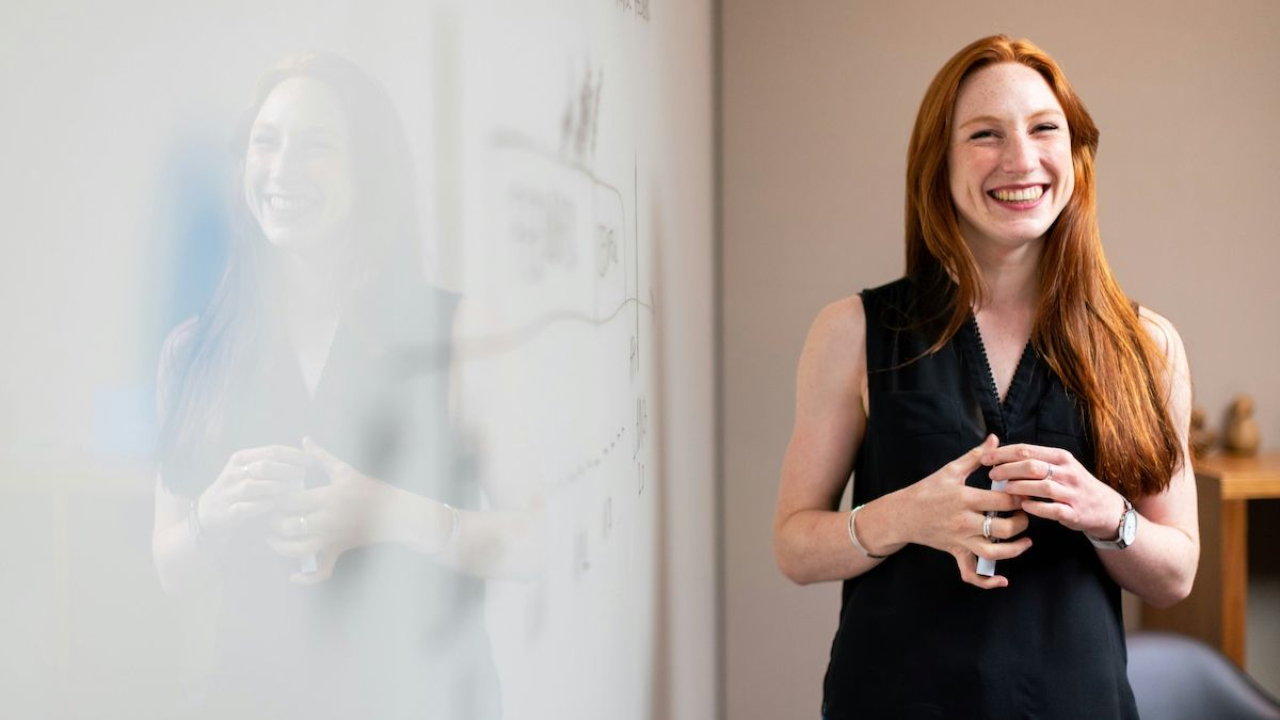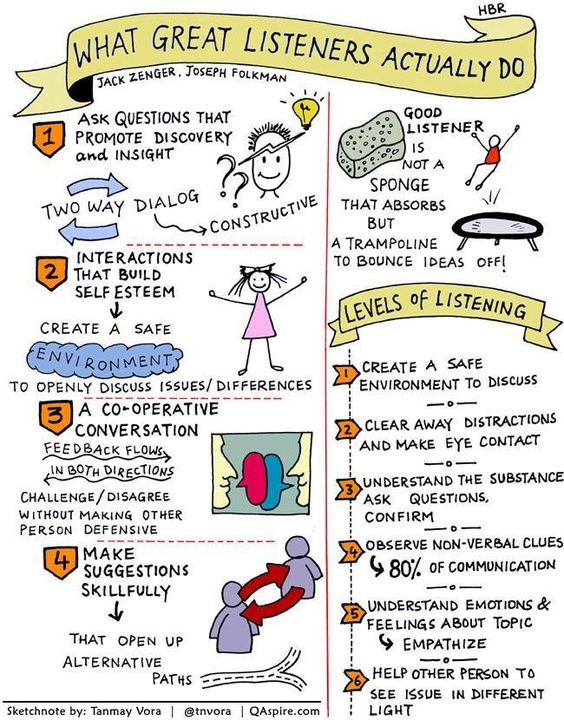An Easy Guide For Effective Communication

Effective communication is required in all types of relationships—whether between partners, friends, coworkers, employees, or new acquaintances. It forms the foundation of understanding and connection, influencing how smoothly relationships operate.
It's common knowledge that there's always room for improvement in how we communicate and receive messages. However, we often overlook our role as recipients of communication. Have you ever considered your responsibility in this exchange?
While we can't control how others communicate with us or with others, we DO have control over how we interpret and respond to their messages. The way we interpret communication is pivotal; it can significantly impact our understanding and the dynamics of our relationships. It's why two people can hear the same words but interpret them very differently based on their perspectives and assumptions.
To improve our communication skills and ensure alignment between what we say, what we mean, and how others perceive it, it's essential to understand the components of effective communication.
Bottom line -- A person's intention does not always equal the correct interpretation.
What does communication include?
1. Verbal Delivery: This includes not just what we say but also our tone, volume, and pace. These elements can drastically alter the meaning and reception of our messages.
2. Intention: Understanding why we're communicating and what outcome we hope to achieve. Clarity in intention helps in messages that are more likely to be received the way they were intended.
3. Subtext and Nonverbal Cues: Often, the unsaid parts of communication—body language, facial expressions, and subtle cues—carry as much meaning as the words spoken. Being attuned to these cues enhances our ability to understand others and convey our messages effectively.
4. Interpretation: Choosing to interpret messages in a positive light can create better relationships. It involves seeing the best in others and assuming good intentions, even in challenging conversations.
What does effective communication look like?
-
Communicate without judgment.
Choose to make your interpretation of the communication to see the other person at his/her best.
-
Don't give unsolicited advice.
So many times we assume that our response to someone with a problem needs to be advice. Learn to ask before offering advice, as sometimes the communicator just wants someone to listen. "Would you like my advice?"
-
Consider the concerns of others.
It’s easy to just think of yourself when you’re communicating, but it’s important to think of others first. Whatever message you’re trying to give will be accepted more when the person feels like they are being considered first.
-
Pay attention to feedback + responses.
Are you wondering what someone is thinking or feeling? Ask them! Don't follow the "don't ask/don't tell policy." ALWAYS ask and ALWAYS tell if it's going to help serve better communication. If you don't, then your assumptions can have their way with you, steal your time, and even damage relationships.
-
Actively Listen.
Active listening requires that the listener fully concentrate, understand, respond, and then remember what is being said. If you expect the other person to listen to you, give him/her the same respect and don't spend your listening time figuring out what you're going to say next.
-
Monitor your nonverbal communication.
A lot can be said just with tone and body language. Make sure everything about your communication is aligned with how you want your communication interpreted.
-
Ask clarifying questions.
This will help you ensure that the message is being interpreted the right way!
-
Express empathy.
Put yourself in the communicator’s shoes. Empathetic listening builds trust, reduces tension, and helps solve problems more effectively.
Here is a list of reflective questions for your own communication style:
- Do I take responsibility for what the listener understands?
- Do I consider the other person's opinions even if they are different from my own?
- Do I adjust my communication style based on the needs of the recipient?
- Do I add value to the conversation?
- Do I use communication as a way of buffering (distracting myself)? --vent, walk away, don't deal with the problem.
- What do I need to improve about my communication to help it be more effective?
- Where do I need to start? (Plan an action step!)

By honing these skills and understanding the nuances of communication, we can create better functioning relationships and workplaces. Effective communication isn't just about transmitting information; it's about building bridges of understanding and empathy.
Now that you have a better understanding of communication, what is one change you hope to make?
Want to hear more about this topic? Click here to listen to the full episode!

